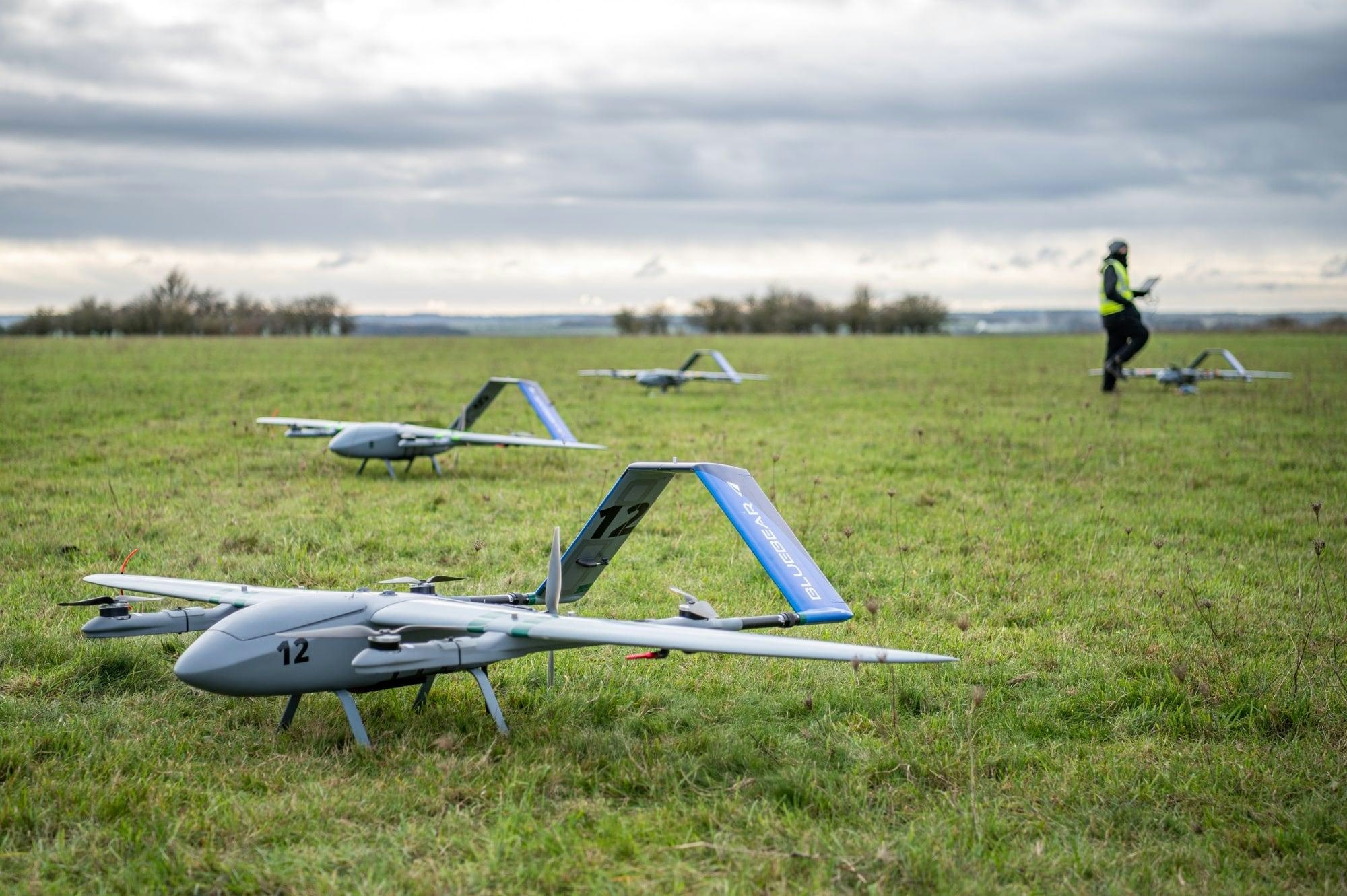AeroGenie — Your Intelligent Copilot.
Trending
Categories
STR Advances DARPA AIR Project to Develop AI for Swarming Uncrewed Aircraft

STR Advances DARPA AIR Project to Develop AI for Swarming Uncrewed Aircraft
DARPA Awards $11.4 Million Contract Extension to STR
The U.S. Defense Advanced Research Projects Agency (DARPA) has granted Systems & Technology Research LLC (STR) an $11.4 million contract extension to further advance artificial intelligence (AI) and machine autonomy for military air operations. This funding, announced in August, extends STR’s involvement in DARPA’s Artificial Intelligence Reinforcements (AIR) program through 2028, building upon an initial $5.9 million contract awarded earlier this year.
The AIR program is focused on enhancing tactical autonomy for multi-aircraft, beyond-visual-range combat missions. At the core of this initiative is the development of AI-driven systems that facilitate coordinated operations between crewed F-16 fighter jets and uncrewed combat aircraft, often described as collaborative combat aircraft, loyal wingmen, or teaming drones. These autonomous drones are designed to operate alongside human pilots, thereby expanding combat capabilities, reducing risks to personnel, and offering flexible, networked strike options. Swarming tactics, in particular, aim to overwhelm enemy air defenses by deploying large numbers of small, coordinated drones.
Technical Objectives and Challenges
The AIR program targets several key technical objectives, including sensor fusion to integrate data from multiple sources and enhance situational awareness. It also emphasizes adaptability and scalability, ensuring AI systems can respond to evolving battlefield conditions and manage large-scale engagements. Predictive modeling is another critical focus, with algorithms developed to anticipate adversary actions and adapt to uncertain or deceptive environments. Additionally, the program seeks to enable real-time distributed execution, allowing autonomous drones to make rapid, coordinated decisions in complex and dynamic scenarios.
The development process combines advanced software algorithms with expert human feedback to accelerate the evolution of cooperative autonomous behaviors. The program also prioritizes creating models capable of continuous learning and improvement as more operational data becomes available.
Despite these advancements, significant challenges remain. Ensuring the reliability and security of autonomous systems is essential, particularly given the potential for adversaries to disrupt or deceive them. Ethical considerations surrounding autonomous warfare, especially regarding decision-making without direct human oversight, continue to provoke debate. Technical hurdles persist in achieving robust real-time communication and decision-making among large numbers of drones operating in contested environments.
Strategic Context and Industry Implications
The global defense community is closely monitoring these developments. The recent use of drone swarms in conflicts such as the war in Ukraine has highlighted both the potential and complexity of autonomous systems in modern warfare. DARPA’s sustained investments in AI-driven battle management and cybersecurity underscore the rapid pace of innovation and the increasing strategic importance of these technologies. Consequently, defense contractors and technology firms are intensifying their efforts, while international competitors accelerate their own autonomous drone and AI initiatives.
STR will conduct its AIR program activities across multiple locations, including Woburn, Massachusetts; Beavercreek, Ohio; and Carlsbad, California, with the project scheduled for completion by February 2028.
For further information, visit Systems & Technology Research or DARPA’s AIR program.

Emirates Unveils Cabin Design for New Boeing 777X

Eighteen Years On, the Airbus A380 Remains Central to a $34 Billion Airline

How a boom in luxury airline seats is slowing down jet deliveries

Navitaire Outage Attributed to Planned Maintenance

DigiYatra Debuts Outside Aviation at India AI Impact Summit

Vietnam Orders Strengthen Boeing’s Commercial Outlook

Airbus Signals Uncertainty Over Future A400M Orders

JobsOhio Awards $2 Million Grant to Hartzell Propeller for Innovation Center

Collins Aerospace Tests Sidekick Autonomy Software on YFQ-42A for U.S. Air Force CCA Program

How the Airbus A350-1000 Compares to the Boeing 777
